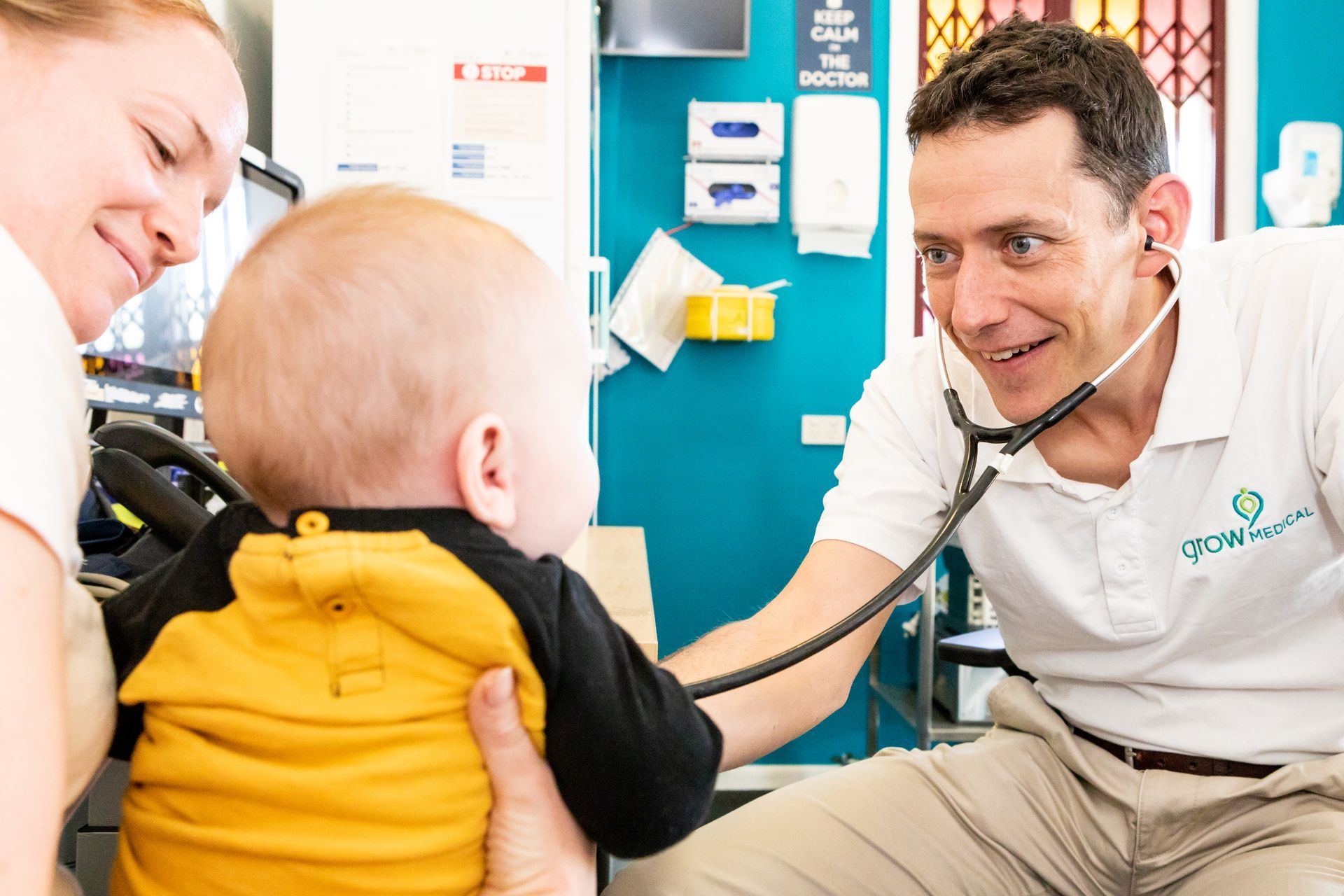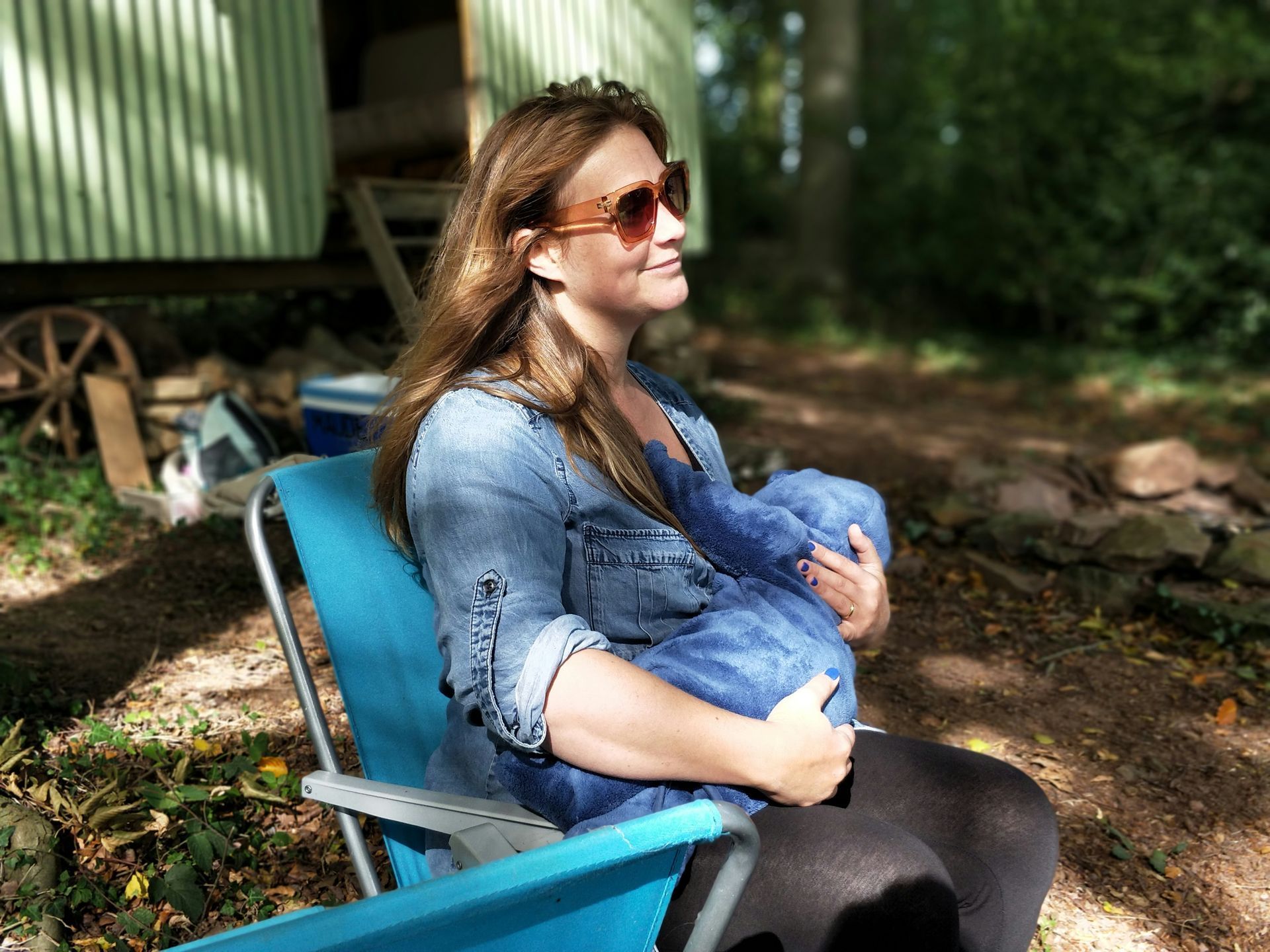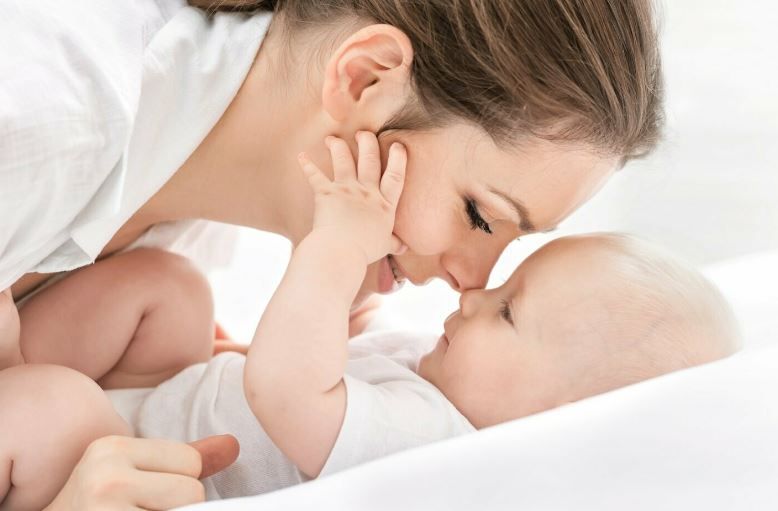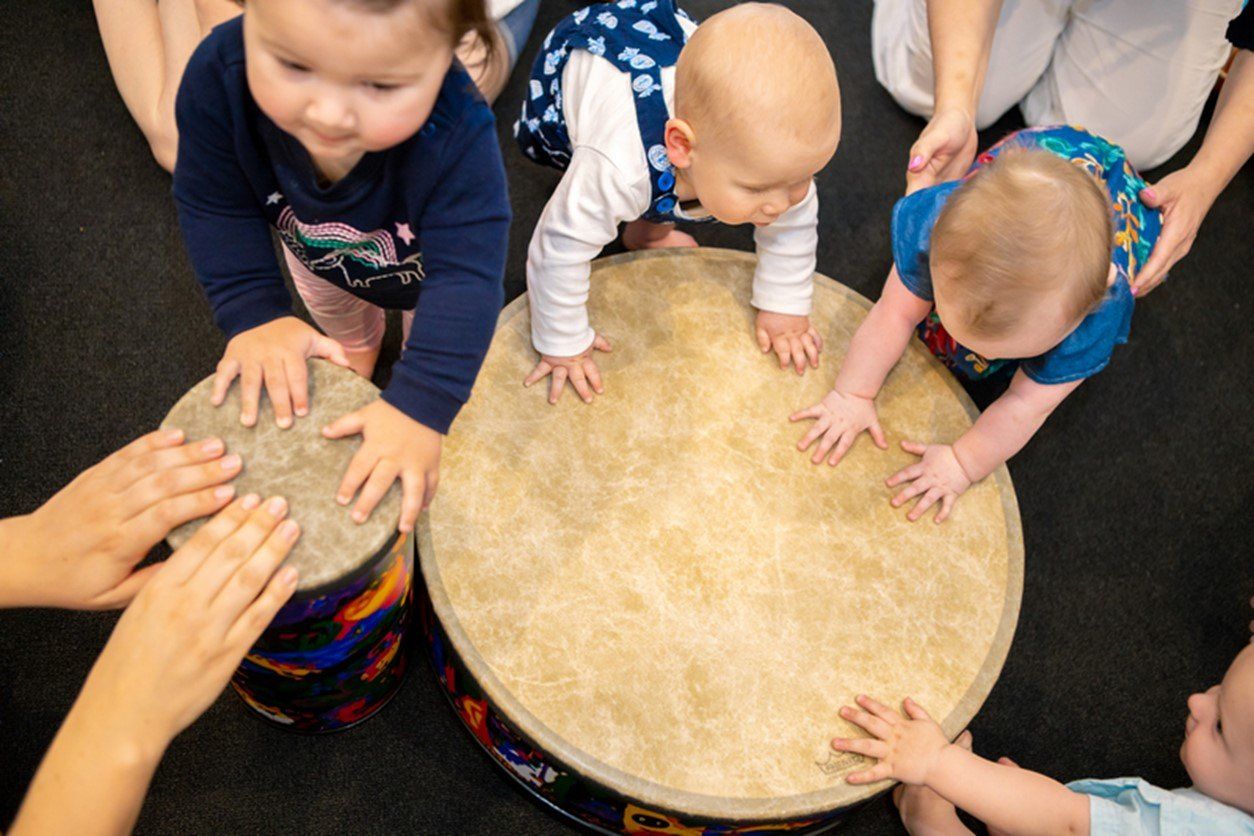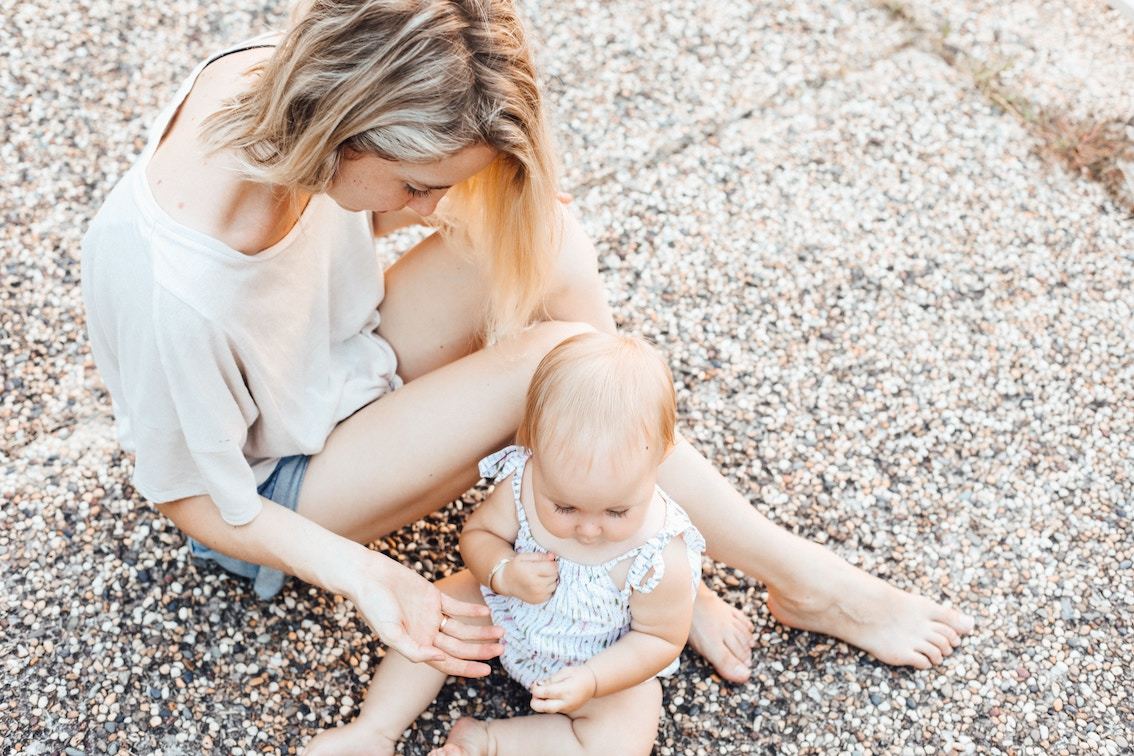Toilet Training Your Pre-Toddler
Alison Chambers
Free your child from nappies!
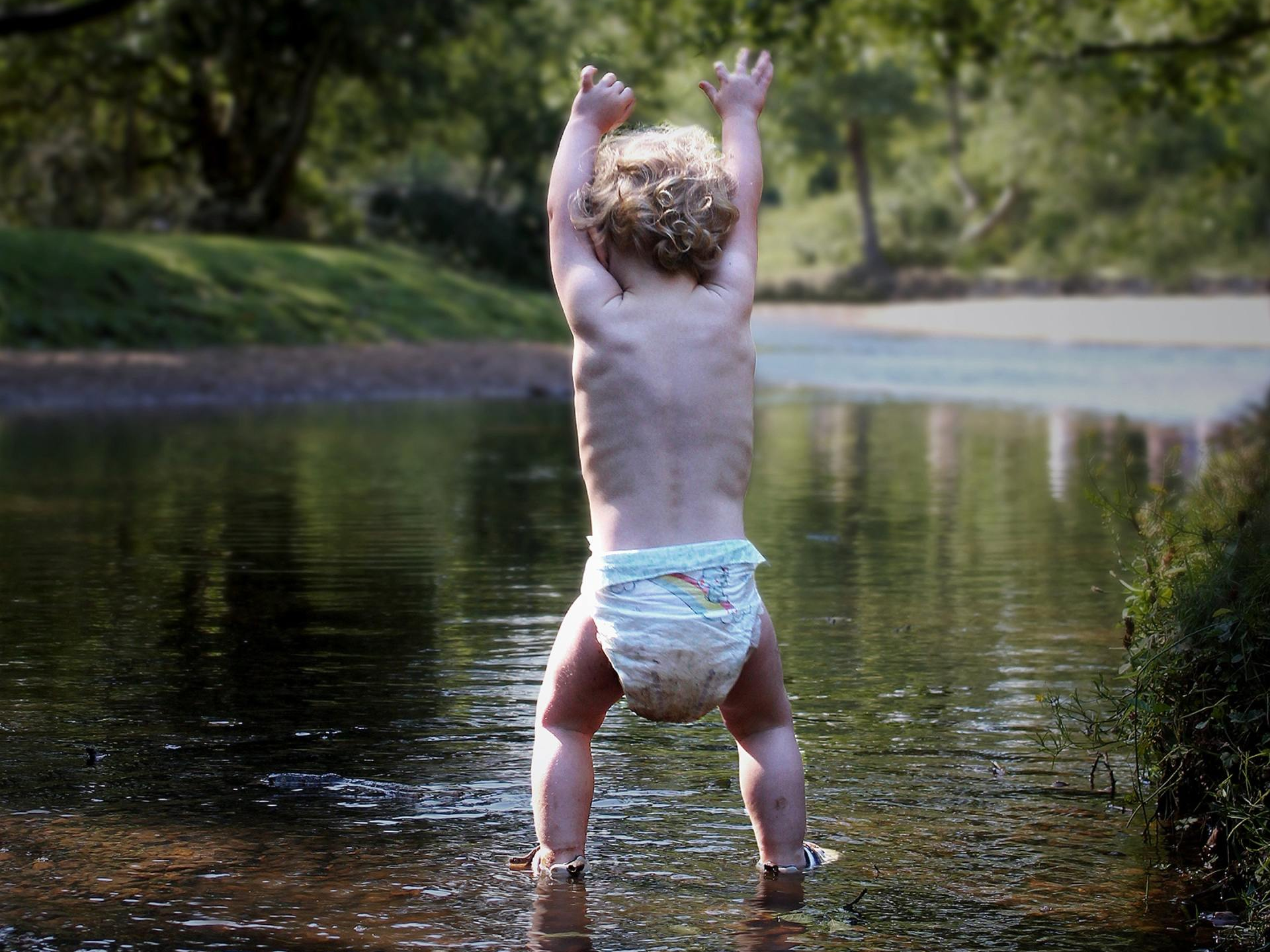
When we see children for their six month checkup, parents are often surprised when we bring up the topic of potty training. It is a common misconception that pre-toddlers are not developmentally ready to toilet train. Our experience with our own children, and countless other families shows just how proud an 8 month old can be when they nail their first poo or wee on the potty!
Read on to find out how you could save the planet, save your sanity, and give your little one a chance to feel proud at their evolving independence…
How do I know if my child is ready to toilet train?
In many cultures around the world, cued toileting (sometimes known as elimination communication) has been used for generations to help children associate a certain sound with urinating. A number of paediatric scientific papers have noted this commencing around 4-9 months of age. This age works well, as most children are starting to be able to sit in a supported fashion at a high chair, and can do so on a potty with a little help. If you notice your very young child tends to wee or poo at a predictable time, you can support them against your body over the toilet.
How do I know if my child needs to go?
Most parents rapidly start to recognise the signs of their own child needing to urinate or defecate with a little observation. This will commonly occur around feed or change times. You might notice your child shiver prior to passing urine, or strain and grunt prior to opening their bowels.
How do I start toilet training my child?
First step is to go out and get a number of potties. Have them easily accessible around the house, in the car or wherever the call of nature might occur.
Once you have noticed the signs your child displays when they need to go, it is simply a matter of working with your child to reward when they associate a desirable location (like the toilet or the potty) with doing a wee or poo. As soon as you notice a shiver, pop their nappy off, support them to sit on the potty, and make whichever sound makes sense to you for them to associate with doing a wee. Many parents will make a soft psspssspsss sound. If you notice a look of concentration and grunting (especially around meal time), it is a sure-fire sign that a number two is on the way. Take advantage of the warning by having a potty nearby, and quickly take their nappy off whilst moving your child onto the potty. Some parents find impersonating the grunting noise your child is making can help them make the association. If many claps and smiles ensue from a successful mission, your child will be very happy to poo on the toilet after only a few successful attempts. The key here is taking delight in their achievement, and taking it all in your stride if things don’t work out so cleanly.
What if they aren’t so keen?
Keep it fun! If your child isn’t interested or protests, just go with the flow. Particularly in older children who haven’t started as early, they need an incentive and potty time has to be enjoyable. Try some pants off play time every day in the garden to help both parent and child increase awareness around toileting habits. With older children, if they have a favourite toy, love being read a book, playing with stickers or blowing bubbles, try doing these activities with their pants off on the potty. Anything you can do to make potty time a time of fun and interaction will help.
Why start potty training so early?
With the average age of toilet training pushing 4 years of age in some western countries, we are habituating children into nappies with the associated nappy rash and enormous landfill waste. We suspect that a contributing factor is that modern nappies are keeping children so dry that they aren’t getting as much feedback about what it feels like to wee in clothes. A change from disposable to reusable nappies may help your child understand what is going on.
We are all becoming acutely aware of how scarce our world’s resources are, along with the change in our own pockets. By giving this toilet training approach a go you could save yourself thousands in the cost of nappies, and do your bit to save the planet on the way. At the very least, you may find it easier to transition to reusable nappies if your child is able to toilet at least some of the time. For children with sensitive skin, the early escape from nappies can pay big dividends.
Importantly, starting early isn’t just about the planet either. From 9 months to around 18 months most children are an absolute delight, and seem to be genetically wired to demonstrate maximum cute factor. Whatever you think is cool, they do too! When you delight in something they have achieved, the bond of affection between parent and child is palpable. Even if it is over their ablutions! Fast forward a few more months, and children are approaching the fabled “terrible twos”. Whilst two year olds aren’t terrible, they are flexing their ability to influence the world, and are enjoying mastering their new skill of saying “no!”. This oppositional phase is normal and healthy, but does present some barriers to helping a child acquire a new skill like potty training.
So, why not give it a go? This approach to potty training can result in great fun, and turn a mundane interaction into a chance to communicate, delight in your child and increase that lifelong bond.
Who would have thought wees and poos could be so much fun?
If you want to chat more about how you can introduce elimination communication to your child, either come to our weekly parents group
or call reception and ask to see paediatric nurse and midwife Alison Chambers
Other Articles on Child Health
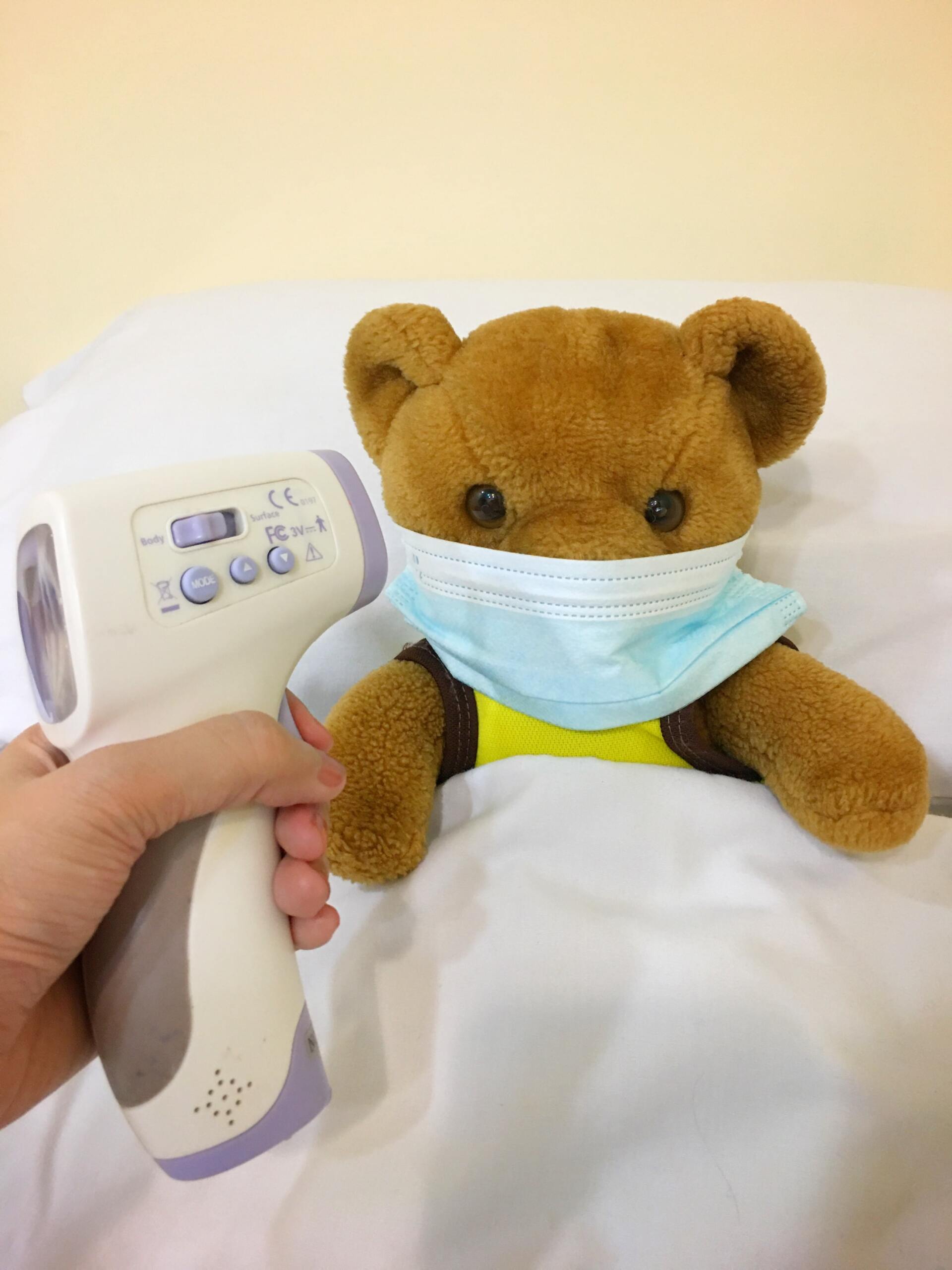
Right now, we are seeing a strange trend. Emergency Departments are overwhelmed with unprecedented high demand. But mostly for minor illnesses. At the same time, GPs are wondering where all the sick kids have gone? Our Emergency colleagues are really happy to help you where your child has an urgent problem or is seriously unwell. But they are struggling to keep up due to the numbers of people presenting with coughs and colds. Dr Emma Scriven discusses her experience as a parent, and how you can have more convenient, safe care, in a setting where you're not surrounded by dozens of people with infectious illnesses. Things have changed a bit during COVID, but at Growlife Medical , we are still here for you.

